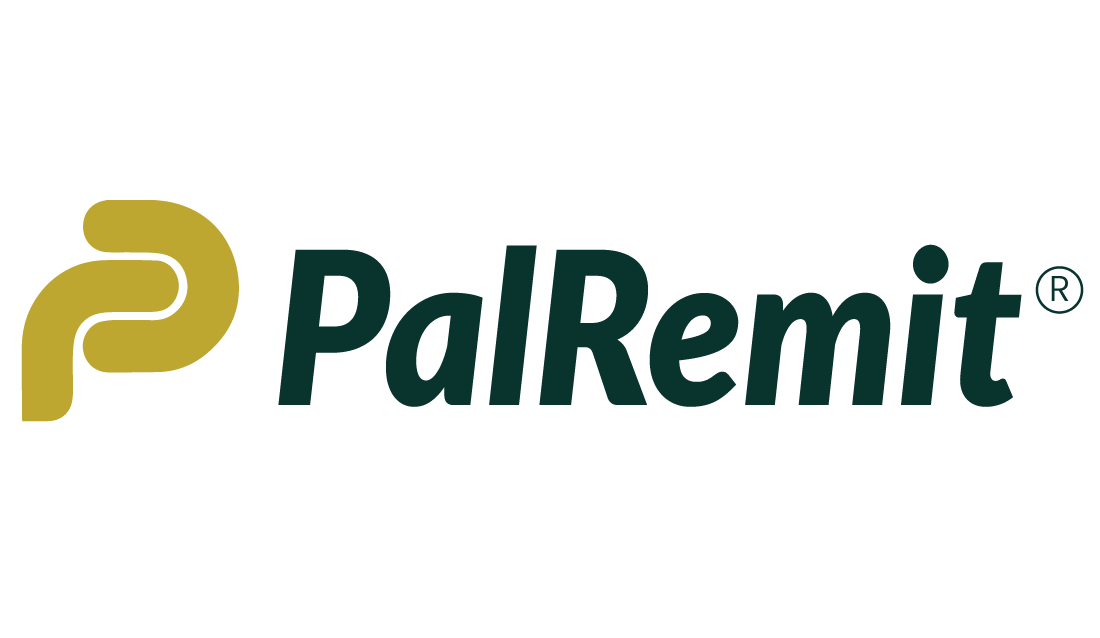In today’s Nigeria, “Japa” is more than just slang. It is a movement, a mindset and for many, it is a lifeline.
From Lagos to London, Benin to Brisbane, thousands of Nigerians dream daily of leaving the country in search of greener pastures. For some, it is about safety. For others, it is access to jobs, education, or the hope of a more stable future. Canada, the United Kingdom, the United States, and even Eastern Europe have become magnets for this generation’s hope.
However, beneath the surface of these dreams lies a growing threat, an ecosystem of scams exploiting that hope. From fake migration agents to fabricated documents, these schemes are designed to look legitimate, feel urgent, and disappear with your money before you even realize what happened.
A recent report from SBM Intelligence highlights that thousands of Nigerians have been defrauded through false promises of relocation. The scammers are no longer just roadside agents; many operate out of co-working spaces, run websites, and speak fluent “visa talk.” Their business? Selling hope. Their victims? Anyone willing to believe them.
Here are 5 of the most common Japa scams Nigerians must watch out for in 2025, and how you can protect yourself.
1. The Shortcut Scam: “I Know Someone at the Embassy”
It often starts with a quiet suggestion:
“I know someone in immigration.”
Or even more confidently: “We are connected directly to the embassy. No interview required.”
That bait was used by a travel syndicate that targeted thousands across Ekiti and Osun States (southwestern Nigeria) in 2024. The syndicate promised fast-track jobs in Australia and Canada, no IELTS, no prior experience, and no waiting list. All it required was a small “processing fee” of ₦58,000 to ₦78,000.
By the time the truth came out, over ₦300 million had vanished. Many of the victims were shown fake employment letters, appointment confirmations, and visa approval documents printed on letterheads from real embassies. The scammers operated from temporary offices in rented co-working hubs and communicated strictly through WhatsApp.
There was no embassy connection. There were no jobs.
The lesson is simple: Real immigration does not skip steps. Any claim that you can bypass interviews, documentation, or formal processes is a red flag. Real opportunities do not come with pressure to “secure your slot now” or send money to personal bank accounts.
2. Fake Proof of Funds: “We Can Show Bank Balance”
One of the most challenging visa requirements is proof of funds. Many countries, especially Canada and the United Kingdom, require applicants to show evidence of bank balances that prove financial stability. Enter the scammers, offering “rental” bank statements that meet these requirements.
In Lagos, a self-proclaimed migration “consultant” known only as Dr. Babafemi advertised high-balance bank statements for a fee of ₦15 million. These statements showed savings of over ₦25 million, crafted to impress embassy officials. His clients, mostly young professionals, were told these documents were backed by silent sponsors.
There were no sponsors, and once the documents were submitted, embassy officials flagged several applicants for document fraud. The embassy also cross-checked the bank statements directly with the institutions. None were real.
Genuine migration requires full transparency and traceable documentation. No serious consultant will offer to forge financial records. If someone offers you a shortcut, you might be buying yourself a ban.
3. Romance Meets Relocation: When Love Becomes Leverage
In the world of Japa scams, some of the most painful stories are not about fake jobs or forged documents, but about love.
These scams often begin innocently: a friend request on Facebook, a DM on Instagram, or a message on a dating app. The scammer usually poses as a Nigerian abroad, a nurse in Canada, a tech expert in Germany, or a businessperson in the UK. They are charming, consistent, and say all the right things. For weeks or even months, they build an emotional connection, painting a picture of a shared future in a new country.
Then comes the pivot.
Suddenly, there is talk of relocating the victim abroad. But before that can happen, a financial hurdle appears.
“We need to pay for your visa processing.”
“There is a government fee I must settle before I can bring you over.”
“Let us invest in crypto so we can build a life together.”
By the time doubts creep in, the victim has already sent money, often in multiple installments ments, through transfers or crypto wallets. The scammer vanishes without a trace, and the dream of love and relocation is replaced by betrayal and financial loss.
If someone you have never met in real life begins to tie your future to their financial problems, especially if it is linked to migration, pause. Ask questions. Do your checks. Love should never come with hidden fees.
4. Fake UK Care Jobs: “No Experience Needed, Fly Out Fast”
The promise sounds too good to be true:
“UK Care Jobs Available Now – No Experience Needed, No IELTS Required.”
For many young Nigerians, especially those in the health or caregiving sectors, these adverts are hard to resist. They are often accompanied by images of smiling nurses, testimonials, and “success stories” that appear real. Victims are asked to pay between ₦600,000 and ₦1.2 million for job placements, visa support, and training.
What they receive in return are poorly written offer letters sent from Gmail accounts, no trace of an actual employer, and, in some cases, fake visas. Some applicants arrived at international airports only to be detained or deported due to invalid documentation.
Legitimate international job offers do not come with upfront payment requests. If a company is truly hiring you, they will offer interviews, conduct background checks, and handle documentation professionally. Always verify employers through official websites and LinkedIn before making payments or submitting personal information.
5. Fake IELTS/TOEFL Certificates: The Shortcut That Backfires
English language proficiency is one of the most important and exploited elements in the Japa process. IELTS, TOEFL, and PTE scores are mandatory for many visa and school applications. Unfortunately, this has opened the door for a specific type of scam.
In 2024, several agents began offering “authentic” IELTS certificates for sale. Depending on the desired band score, the price ranged from ₦50,000 to ₦200,000. Clients were assured that their results would be entered directly into the British Council or IDP systems.
However, these claims were completely false.
A 27-year-old nurse from Enugu paid ₦170,000 for a result showing a band score of 8. She submitted it with her Canadian Express Entry application. Months later, Officials rejected her application and issued a five-year ban. The embassy had cross-checked the result directly with IELTS, and no such score was recorded in the system.
In addition, some scammers also offer to “upgrade” existing test results after the exam. This is impossible. These test results are secured, verified, and stored in official databases. Any attempt to tamper with them results in automatic disqualification and long-term consequences.
Avoid the temptation to cheat the process. A poor result can be improved with practice. A ban, however, may be permanent.
A Common Thread: Urgency and Untraceable Payments
Ultimately, every scam on this list shares one tactic – urgency.
“Pay now or lose the opportunity.” “Slots are closing fast.”
Scammers thrive on creating panic and limiting your time to think clearly. They often use untraceable channels and request payments through personal accounts, crypto wallets, or third-party agents.
There are no receipts. No records. No refunds.
And that is where many dreams end, not because migration is impossible, but because desperation replaces due diligence.
Use a Trusted Platform for Your Japa Process
Whether you are paying for school abroad, handling visa fees, or supporting family in a new country, how you send money matters just as much as who you send it to.
Palremit was built for exactly this moment, to support Nigerians in cross-border financial journeys with transparency, traceability, and real-time customer support. With Palremit, your payments are secure, your transfers are trackable, and your dreams are protected.
No shady middlemen. No pressure. Just peace of mind.
Final Words
There is absolutely nothing wrong with wanting a better life. However, in chasing that life, never let urgency blind you to risk.
Ask questions. Verify documents. Speak to real people. Do not pay anyone who cannot give you a verifiable trace of their services. Your dreams are valid, but you should not pay for them with regret.
Thinking of sending money?
Let Palremit help you do it right, securely, fast, and built with you in mind.
👉🏽 Visit Palremit!









